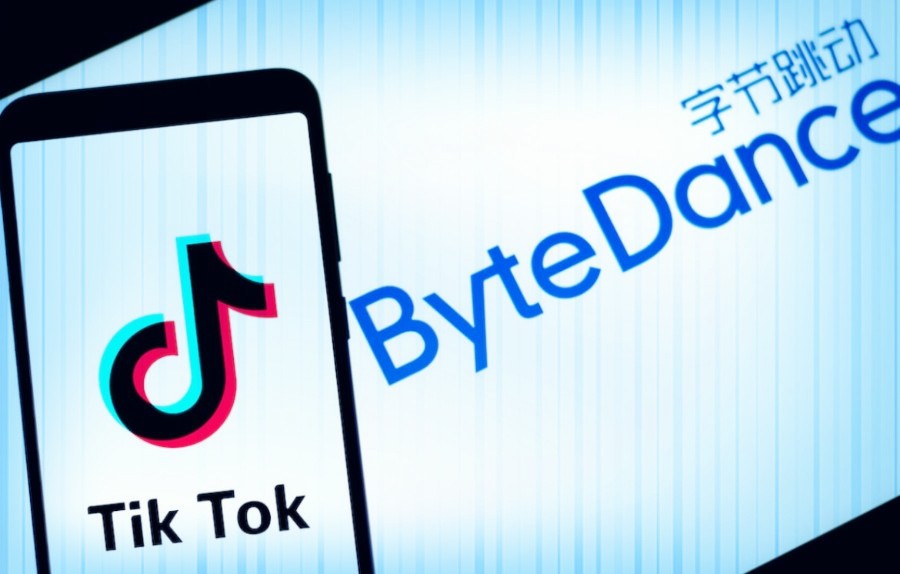Byte Dance has developed an open platform that enables users to create chatbots, as the company competes to keep up with advancements in generative artificial intelligence in a fierce competition that began last year with the launch of ChatGPT.
According to an internal memo seen by the South China Morning Post, it is expected that a public beta version of the chatbot development platform will be launched by the end of the month.
The internal memo within the company illustrates that this step aligns with the company’s new strategic vision, aiming to explore new products for generative artificial intelligence and how to integrate them into current products.
Byte Dance is evolving its model for “text to image transformation” similar to the image generation model developed by Midjourney.
Byte Dance stands out for having long utilized a form of artificial intelligence behind the scenes, with its recommendation algorithms being the key success factor behind the TikTok app.
Currently, Byte Dance enters the emerging market to offer large linguistic models in a service format.
Many major technology companies have undertaken similar initiatives, including OpenAI, which receives support from Microsoft and is developing ChatGPT.
Last month, OpenAI began enabling all users to create custom versions of ChatGPT for specific tasks without requiring programming knowledge.
In the same month, Qianfan, a subsidiary of Baidu, launched its cloud platform, which is an integrated platform targeting enterprise users to develop large-scale linguistic models and provide related services.
Baidu, the Chinese company, is considered the leading company that provides a competitor to the chatbot ChatGPT in March, named Ernie Bot.
In October, the Bailian platform was launched by Alibaba’s massive ecommerce group, a cloud system based on similar large linguistic models.
The services offered by OpenAI have not been implemented in China or Hong Kong yet, and other companies have noticed this and decided to offer similar products, like Google, which launched the chatbot Bard. Microsoft, on the other hand, has released its intelligent assistant Copilot, supported by the massive language model GPT in Asia overall, including Hong Kong.
Separately, Douyin, the Chinese sibling platform to TikTok with over 600 million daily active users, is conducting tests for paid content, while Byte Dance continues to explore ways to diversify its revenues.


